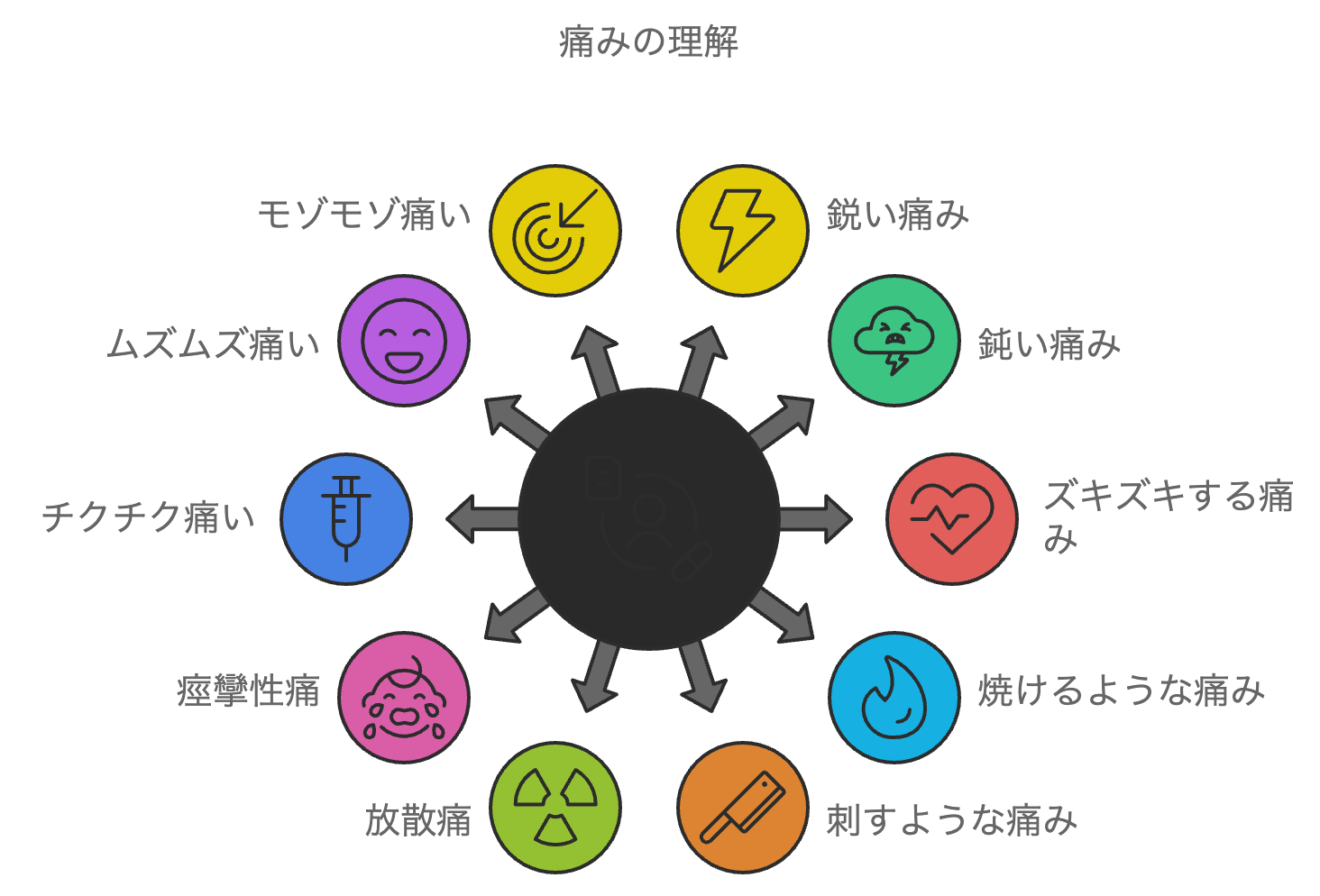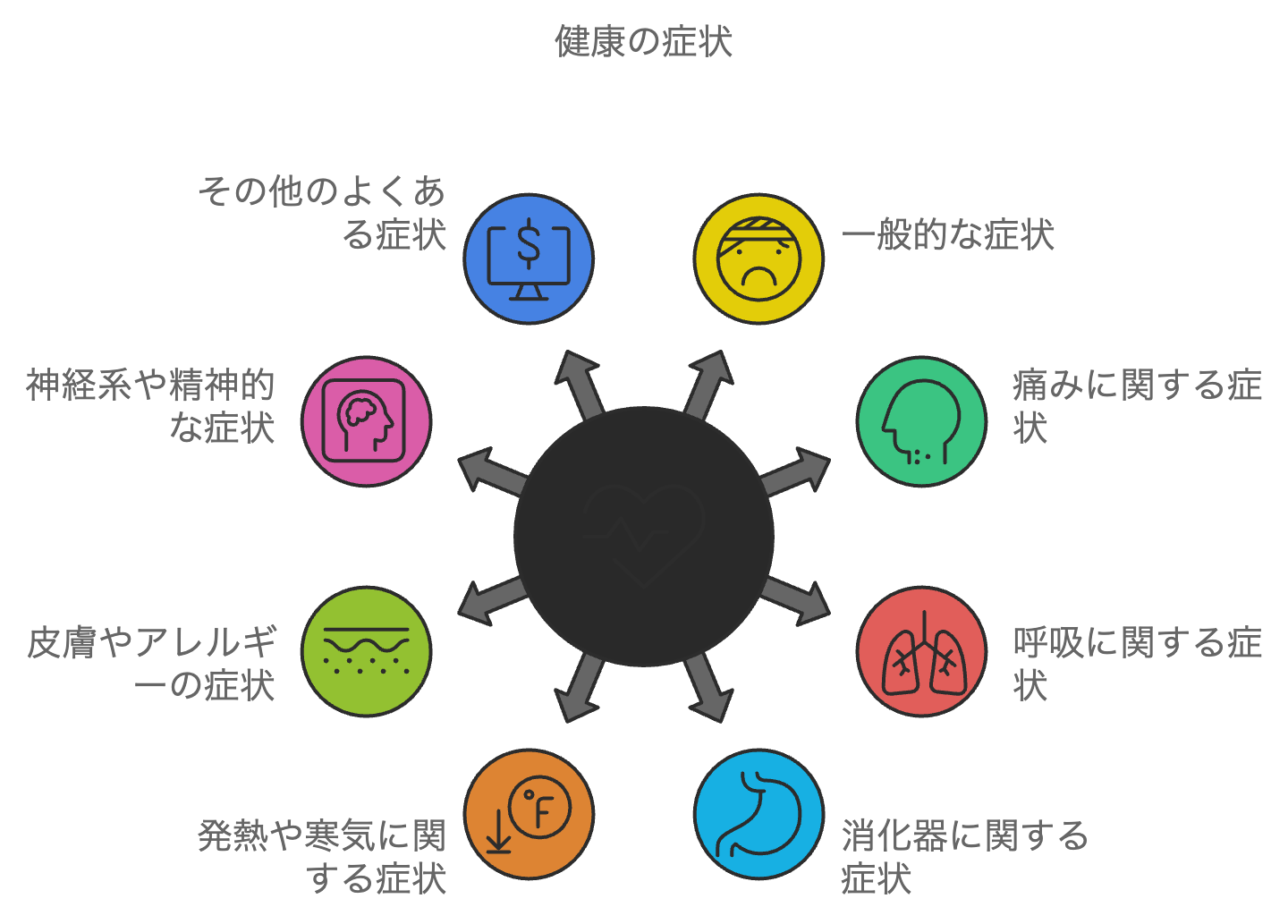循環器内科における心臓弁膜症の診察に関する英語フレーズと会話例
循環器内科では、**心臓弁膜症(Valvular Heart Disease)**の診察と治療が行われます。心臓弁膜症は、心臓の弁が正常に機能せず、血液の流れに問題が生じる状態です。
この記事では、心臓弁膜症を訴える患者との診察を想定し、具体的な会話例と重要なフレーズを学べる内容にします。
患者の設定
- 名前: Masayuki Fujimoto (63歳、男性)
- 職業: 退職済み
- 主な症状: 最近、階段を上ったときに息切れを感じ、胸に圧迫感がある。ときどき動悸があり、疲れやすくなったと感じる。
- 既往歴: 高血圧、2型糖尿病
- 生活習慣: 禁煙歴あり。軽い散歩をしているが、それ以外はあまり運動をしていない。
診察の流れと会話例
1. 初診での問診と症状の確認
Doctor: “Good afternoon, Mr. Fujimoto. I understand you’ve been feeling short of breath and experiencing chest pressure. Can you tell me more about when these symptoms started?”
日本語訳: 「こんにちは、藤本さん。息切れや胸の圧迫感を感じているとお聞きしましたが、これらの症状はいつから始まりましたか?」
Patient: “Yes, I’ve been feeling this way for about two months now. It’s especially bad when I climb stairs or do any physical activity. I also feel my heart racing sometimes.”
日本語訳: 「はい、2か月ほど前から感じています。特に階段を上ったり、何か運動をしたときにひどくなります。時々、心臓がドキドキする感じもあります。」
Doctor: “I see. So, you’re experiencing shortness of breath, chest pressure, and palpitations. Do you feel tired or fatigued more than usual?”
日本語訳: 「なるほど。息切れ、胸の圧迫感、そして動悸を感じているんですね。いつもより疲れやすいと感じていますか?」
Patient: “Yes, even small activities make me tired lately.”
日本語訳: 「はい、最近は小さな活動でも疲れやすいです。」
2. 病歴とリスクファクターの確認
Doctor: “Do you have any history of heart disease or valve problems in your family? And do you have any other conditions like high blood pressure or diabetes?”
日本語訳: 「ご家族に心臓病や弁の問題の既往歴はありますか?また、高血圧や糖尿病など他の健康状態はありますか?」
Patient: “Yes, my father had a heart problem, though I’m not sure if it was related to his valves. I’ve been treated for high blood pressure and diabetes for several years.”
日本語訳: 「はい、父が心臓の問題を抱えていましたが、弁の問題かどうかはわかりません。私は数年前から高血圧と糖尿病の治療を受けています。」
Doctor: “Do you smoke, or have you smoked in the past?”
日本語訳: 「喫煙していますか?または、過去に喫煙していたことがありますか?」
Patient: “I quit smoking about ten years ago, but I smoked for about 30 years before that.”
日本語訳: 「10年ほど前に禁煙しましたが、それまでは約30年間喫煙していました。」
3. 検査の必要性と診断の説明
Doctor: “Based on your symptoms and history, it’s important to check for valvular heart disease. This is a condition where one or more of the valves in your heart aren’t working properly. We’ll start with an echocardiogram, which is an ultrasound of the heart, to see how your heart valves are functioning. We may also do an electrocardiogram (ECG) to check the electrical activity of your heart.”
日本語訳: 「症状と病歴から判断して、心臓弁膜症があるか確認することが重要です。これは心臓の弁のいずれかが正常に機能していない状態です。まず、心臓の弁の働きを見るために心エコー検査を行います。また、心臓の電気的活動を確認するために**心電図(ECG)**も行うかもしれません。」
Patient: “Is valvular heart disease serious?”
日本語訳: 「心臓弁膜症は深刻ですか?」
Doctor: “It can be, depending on which valve is affected and how severe the damage is. Some cases can lead to heart failure or other complications if left untreated. However, with the right treatment, many patients can manage the condition and live a normal life.”
日本語訳: 「どの弁が影響を受けているか、またその損傷がどれほど深刻かによって異なります。治療を受けずに放置すると心不全や他の合併症を引き起こすことがあります。しかし、適切な治療を受ければ、多くの患者さんは状態を管理し、通常の生活を送ることができます。」
4. 心臓弁膜症の治療と管理
Doctor: “If the tests confirm valvular heart disease, the treatment will depend on the severity of your condition. In some cases, we may manage it with medications to help your heart pump more effectively and reduce symptoms like swelling or shortness of breath. In more severe cases, we might recommend valve repair or valve replacement surgery to correct the problem.”
日本語訳: 「もし検査で心臓弁膜症が確認された場合、治療は状態の重症度によって異なります。軽度の場合は、心臓がより効果的に血液を送り出し、むくみや息切れなどの症状を軽減するための薬物療法で管理できることがあります。より重篤な場合は、問題を修正するために弁の修復または弁置換手術をお勧めすることもあります。」
Patient: “Will I need surgery soon?”
日本語訳: 「すぐに手術が必要ですか?」
Doctor: “Surgery is only recommended if the valve damage is severe and causing significant symptoms. We’ll try to manage your condition with medications and monitoring first, and only consider surgery if your symptoms get worse or the damage progresses.”
日本語訳: 「手術は、弁の損傷が深刻で、症状が顕著な場合にのみ推奨されます。まずは薬物療法と経過観察で管理を試み、症状が悪化したり損傷が進行した場合にのみ手術を考えます。」
5. 生活習慣と心臓弁膜症の予防法
Doctor: “In addition to medication, making some lifestyle changes can help improve your symptoms and prevent further damage. Maintaining a healthy diet, getting regular exercise, and managing your blood pressure and diabetes are essential. Avoiding smoking and limiting salt intake can also help reduce the strain on your heart.”
日本語訳: 「薬物療法に加えて、生活習慣の改善も症状を改善し、さらなる損傷を防ぐのに役立ちます。健康的な食事を維持し、定期的な運動を行い、血圧や糖尿病を管理することが重要です。また、禁煙と塩分の摂取制限も心臓への負担を軽減するのに役立ちます。」
Patient: “I’ve already cut back on salt, but I’m not sure how much exercise is safe for me.”
日本語訳: 「塩分はすでに控えていますが、どれくらいの運動が安全なのかわかりません。」
Doctor: “Start with gentle aerobic exercises, like walking, for about 20 to 30 minutes a day. We’ll create an exercise plan tailored to your condition, and we can adjust it as you improve.”
日本語訳: 「ウォーキングなどの軽い有酸素運動を1日20〜30分から始めましょう。お客様の状態に合わせた運動プランを作成し、改善に応じて調整していきます。」
学習ポイント
- 症状の確認: 心臓弁膜症に関連する症状を確認するためのフレーズを学びましょう。例: “Do you feel shortness of breath when climbing stairs or doing physical activity?“(階段を上ったり運動中に息切れを感じますか?)
- リスクファクターの確認: 心臓弁膜症のリスク要因を確認するためのフレーズを学びます。例: “Do you have a family history of heart valve problems or heart disease?“(ご家族に心臓の弁の問題や心疾患の既往歴はありますか?)
- 検査の説明: 心臓弁膜症の診断に必要な検査を説明するフレーズを学びます。例: “We’ll perform an echocardiogram to check the function of your heart valves.“(心臓の弁の機能を確認するために心エコー検査を行います。)
- 生活習慣の改善: 心臓弁膜症の進行を防ぐための生活習慣の改善に関するアドバイスも重要です。例: “Reducing salt in your diet and maintaining a healthy weight can help improve your heart function.“(塩分を減らし、健康的な体重を維持することで心機能を改善できます。)
関連キーワード: 心臓弁膜症, 心不全, 弁置換手術, 心エコー検査, 循環器内科, 生活習慣改善, 英語会話例, 外国人対応




